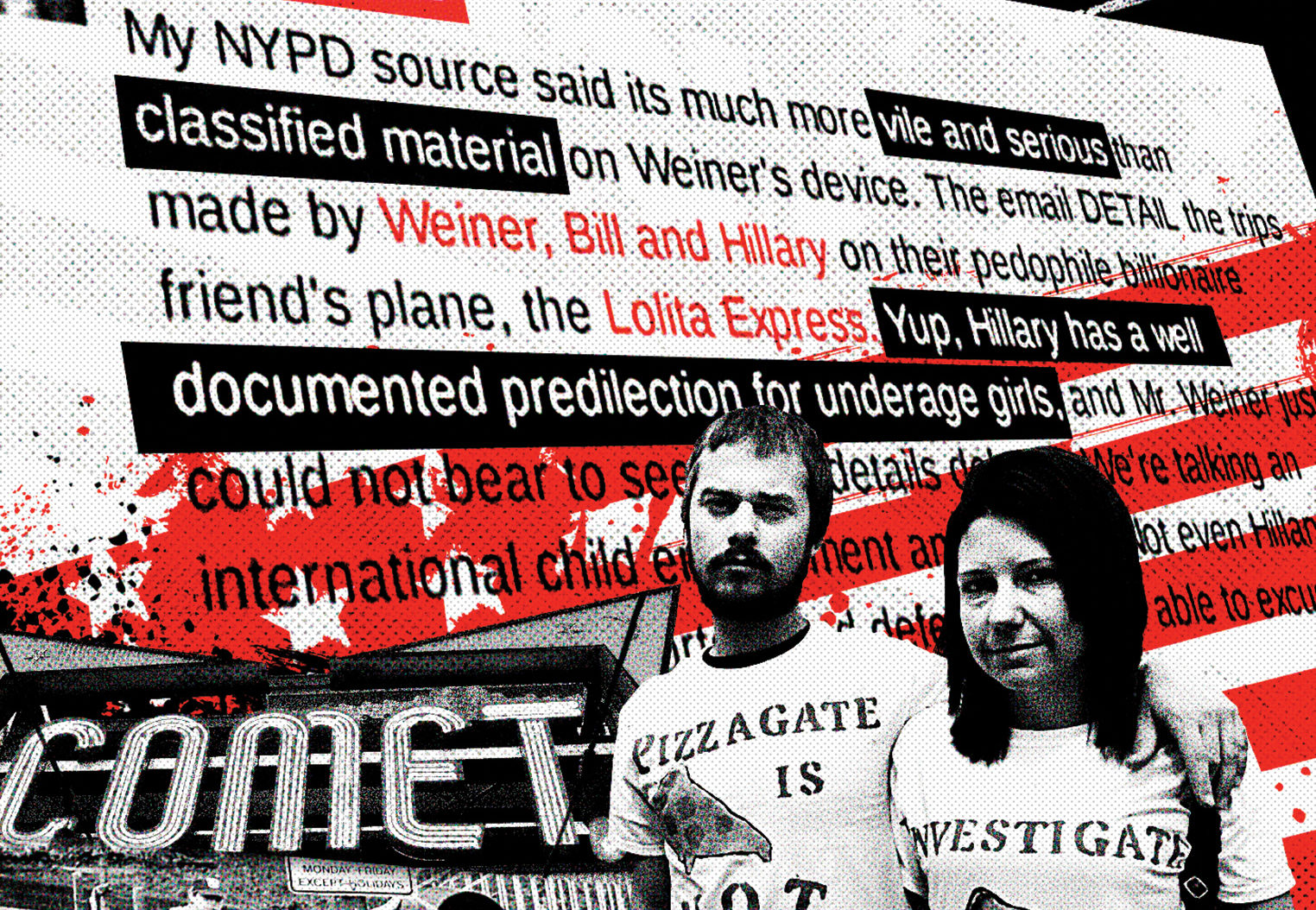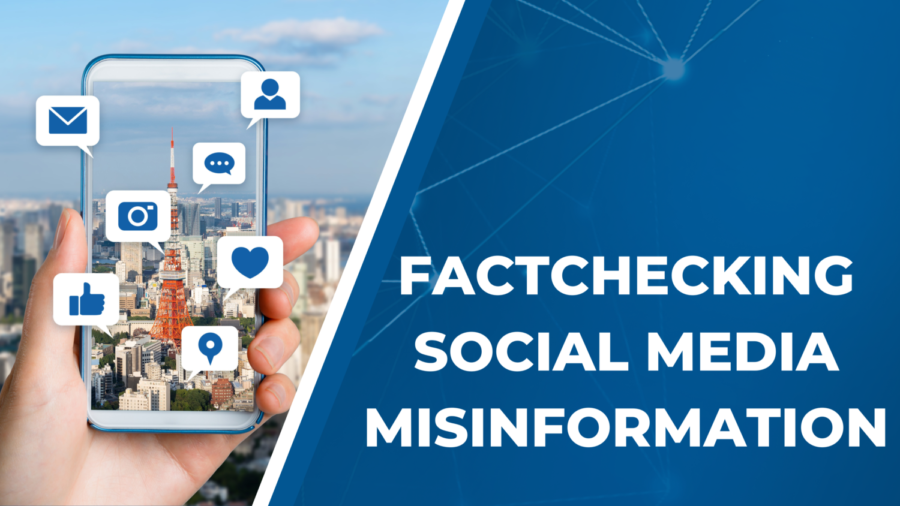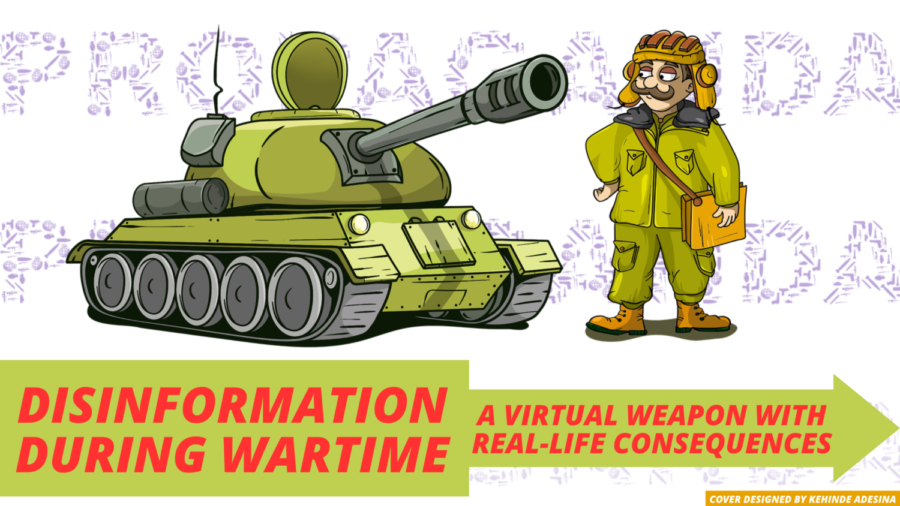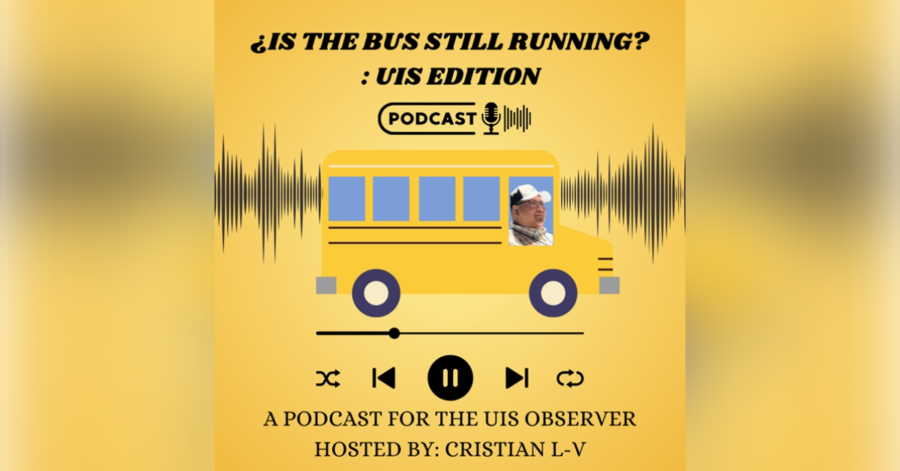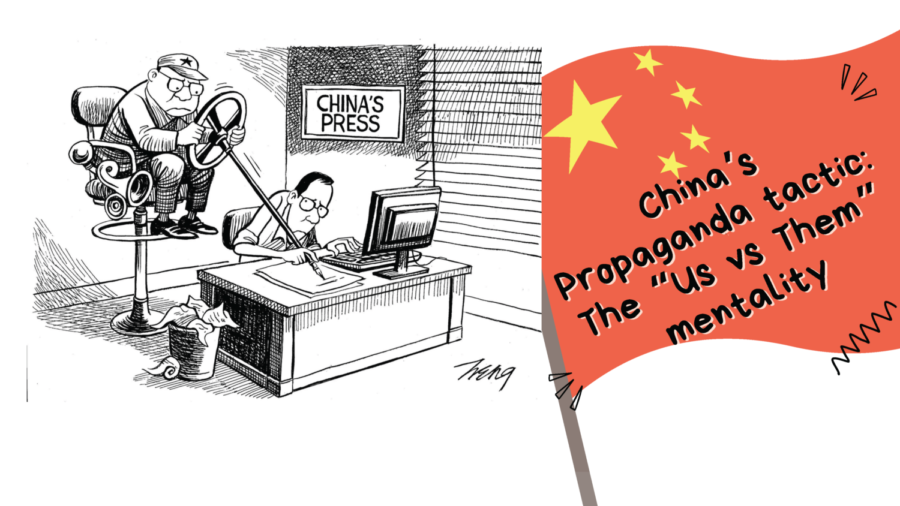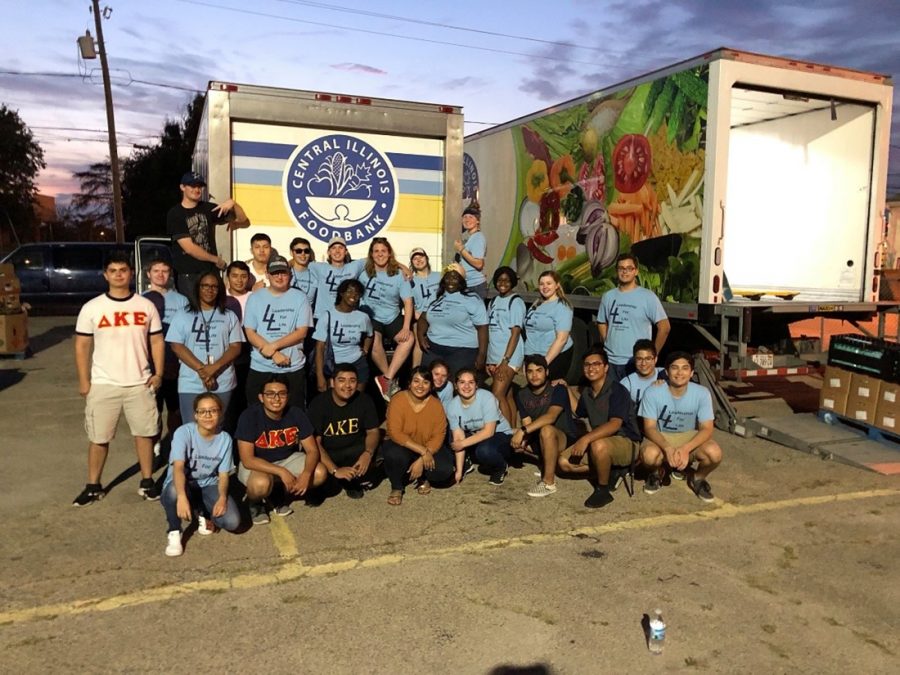Every time I think about the real-world consequences of fake news stories in our society, the first example that comes to my mind is the #Pizzagate conspiracy theory. This conspiracy theory inspired aggression from the virtual world to the real world, making a family man take ammunition to a pizza store, where he later found nothing related to the claims he saw online. This demonstrates the tangible impact of false narratives on individuals and society.
The roots of fake news lie not only in the emergence of social media but also in cognitive biases, notably motivated reasoning and naïve realism. The inclination to believe what aligns with personal opinions and the assumption of one’s reality as the only truth contributes to the perpetuation of false narratives. Misinformation, such as Conspiracy theories, is affecting American society that every Tom, Dick, and Harry swallow the information they see online hook, line, and sinker as long as it fits into their cognitive biases, and they do outrageous things with that information.
“Incidents like the #Pizzagate shooting signify just one step in a long, dark trail of real world consequences caused by fake news…” Nsikan Akpan
While technology facilitates the rapid spread of fake news, cognitive biases play a crucial role in people’s susceptibility to misinformation. The human mind prioritizes certain information, and the intertwining of humor, sensationalism, and misinformation affects individuals’ perception and recall of facts. In addition, Akpan believes that trending news stories, both fake and real, buy into what’s called the attention economy, whereby “if people pay attention to a certain topic, more information on that topic will be produced.”
All these factors are weakening social media platforms’ measures to curb fake news because they face hurdles in balancing user experience and content accuracy. Therefore, as a consumer, the best strategy to combat fake news effectively is to follow moderate news organizations that present differing viewpoints. Instead of unfollowing conflicting perspectives, you can engage with diverse content to avoid narrowing information access and putting yourself inside an echo chamber.
In addition, I urge you to question information critically and avoid forming quick judgments based solely on headlines. Engaging with a wide range of viewpoints and remaining open-minded can help counter the polarization driven by fake news.
Lastly and most importantly, practice mindful engagement. It’s essential to be cautious while sharing news and to refrain from spreading information without proper verification. By questioning the integrity of the story, seeking comprehensive information, and avoiding snap judgments based on incomplete information, you can avoid ending up like the victim of the #Pizzagate conspiracy theory that acted solely based on social media information.
Kehinde Bolu Adesina, a graduate of the University of Illinois, Springfield, holds a Master of Arts Degree (MA) in Communication. From August 2021 to May 2023, he served as the Multimedia Editor for The Observer. Over the years, his research has been dedicated to upholding the tenets of quality journalism, fostering informed public discourse, fortifying democratic foundations, and nurturing a more knowledgeable and resilient society, with a keen focus on countering disinformation, misinformation, conspiracy theories, and post-truth narratives in the digital landscape.

